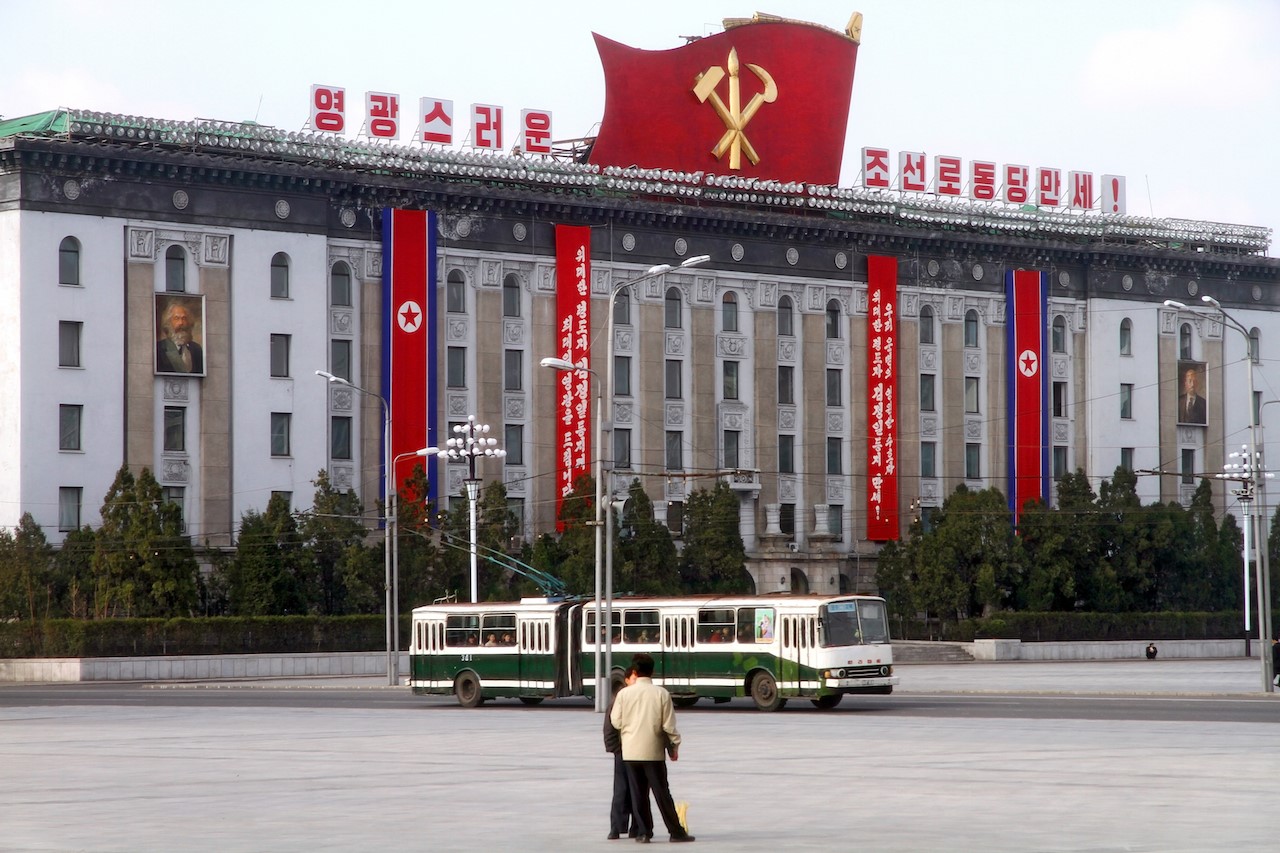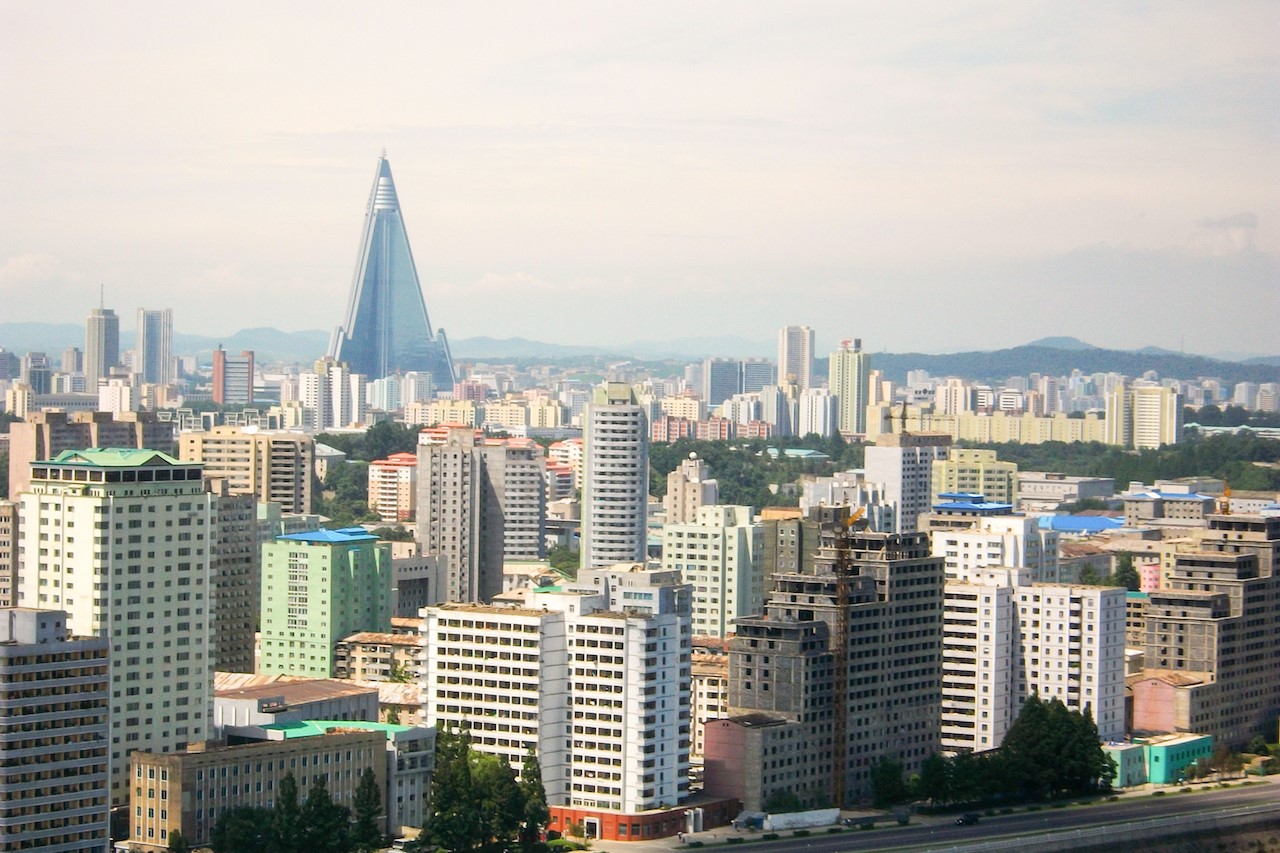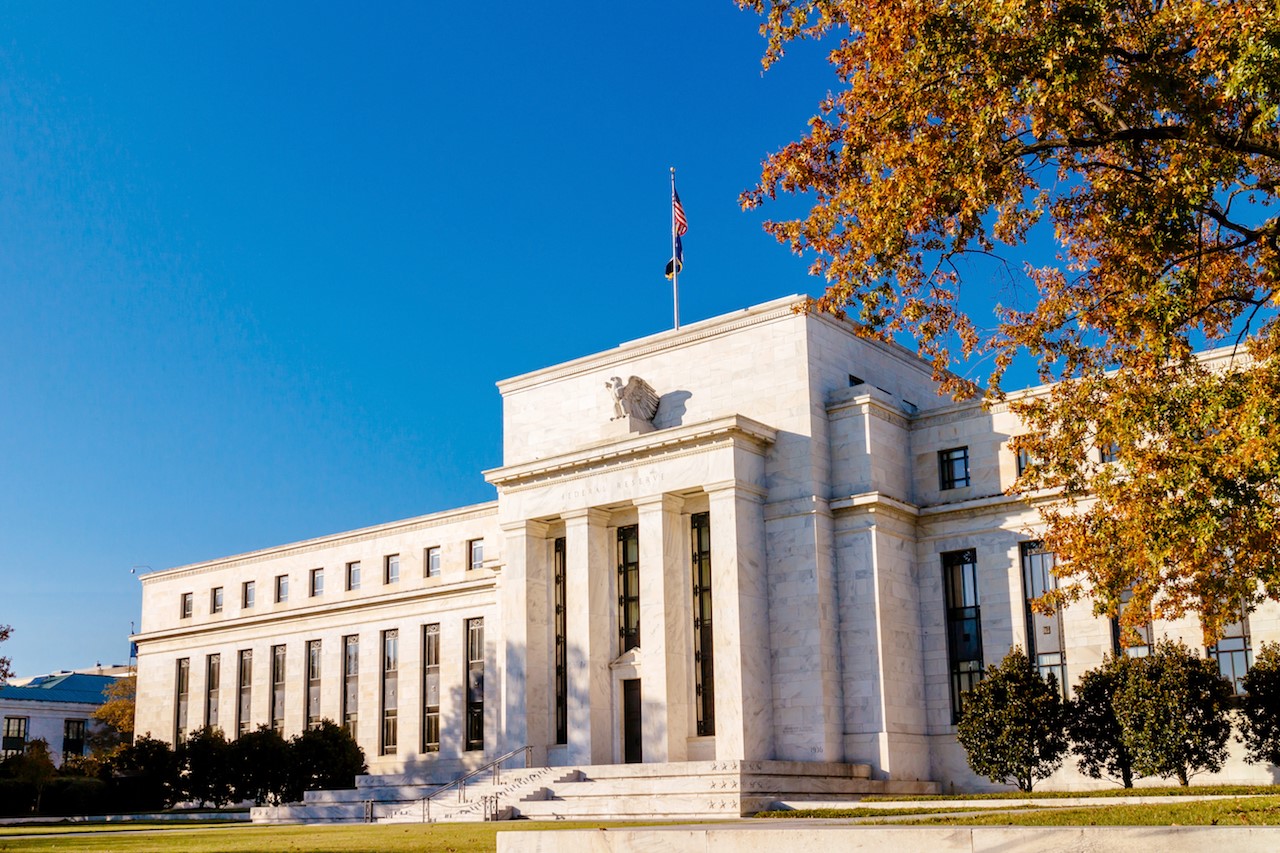Storms and missiles shake global markets
Markets rattled, bonds rallied and stocks tumbled this week as aggression from North Korea intensified and investors braced for Hurricane Irma's landfall.
Last Sunday, North Korea conducted its sixth and most powerful nuclear test, using what it said was an advanced hydrogen bomb fitted for intercontinental missiles to create a massive explosion that caused tremors and landslides. Also this week, investors remained on guard as Hurricane Irma, another record-setting storm, churned off the U.S. coastline, threatening to batter the mainland after leaving a wake of devastation in the Caribbean.
Adding to the market furor were remarks from a Federal Reserve official who warned that low inflation may challenge the Fed's plan to raise interest rates at least one more time this year. President Donald Trump also indicated that he favors eliminating the federal limit on how much money the government borrows, setting off alarms for fellow Republicans who want terms for the debt ceiling expanded.
Investors had a lot to adjust to this week. Let's take a closer look.
North Korean hostility exacerbates
Global stocks plummeted and safe havens, such as gold and the Japanese yen, soared as investors mulled the prospect of a confrontation between North Korea and its chief opponents, the U.S. and South Korea.
Acknowledging that it's quite difficult to accomplish, intelligence officials didn't rule out that North Korea may have developed a way of making a hydrogen bomb small enough to fit a missile.
Hydrogen bombs are more powerful than the similar types of weapons North Korea has tested in the past, and are capable of causing more damage than the bombs dropped on Japan during World War II. They use fusion, the same process that powers the sun, to provide devastating force capable of causing mass destruction.

President Trump called North Korea's latest show of force "hostile and dangerous" to the United States, and warned that military action against North Korea is possible if the threats against the U.S. and its allies escalated.
Investors panicked, moving their assets out of stocks and storing them in safe havens — leading to a one-week high for the yen and a near one-year high for gold. Asian stocks closed lower, notably South Korea's Kospi Index, which dropped 1.2 percent. The Stoxx Europe 600 fell nearly 0.5 percent and the Dow Jones Industrial Average fell by more than 234 points.
By midweek, the yield on the 10-year Treasury had fallen to an intraday low of 2.037 percent, its lowest level since last November. With so much uncertainty these days, investors are putting money in US Treasurys until things settle down and they get a clearer picture on the economy and geopolitical concerns.
Equities have recovered slightly from Tuesday's low but are trading very cautiously as investors are also worried about much of the uncertainty and the impact on corporate earnings.
Why so much animosity?
The hostility between North Korea and other nations stems back to 1945, when Japan lost control of Korea and it was partitioned into two halves — the north, occupied by the Soviet Union, and the south, occupied by the United States.
After those countries moved out, plans for free elections never materialized and, in 1948, former guerilla leader Kim II-sung formed the Democratic People's Republic of North Korea. Two years later, the Korean War erupted as North Korea's formidable army attacked South Korea, prompting involvement from the United States and United Nations. The war ended in 1953 when an armistice was signed.

In the years that followed, North Korea transformed into a military dictatorship, and its tensions with the south continued to flare. The Communist nation drew the ire of other foreign powers when it began experimenting with uranium to build a nuclear arsenal. It fired its first long-range missile in 1998, and continually reneged on international pacts and treaties to dismantle its nuclear weaponry.
As it's become more of a viable threat, North Korea's refused to agree to nuclear disarmament, further deteriorating its relationship with the United States and other major countries.
Hurricane Irma endangers the orange industry
The massive Category 5 hurricane swept across the Caribbean earlier this week, slamming islands from St. Martin to Barbuda to the British Virgin Islands, and killing at least four people. Midweek, the storm's trajectory shifted, with forecasters predicting that it could hit Florida over the weekend before moving into parts of Georgia, South Carolina and Tennessee next week.
The looming threat of Irma, on the heels of the powerful Hurricane Harvey, influenced oil prices, which rose Wednesday as U.S. Gulf Coast refineries reopened. But there's concern that Irma could take other refineries offline and cause more fuel shortages.
Commodity prices this week shot up, along with the price of orange juice futures for November delivery. Before the storm, Florida was expected to produce more than half of the country's oranges and nearly half of the nation's grapefruit, according to U.S. Department of Agriculture data cited by CNBC. After Brazil, the Sunshine State is the world's second-largest orange producer.
Any damage to Florida's orange sector could be crippling: according to CNBC, the orange industry employs more than 45,000 people and makes an $8.6 billion economic impact on the state each year.
Weak inflation woes
Soft inflation data continue to worry members of the Federal Reserve, despite their claims earlier this year that inflation was expected to trend higher. Those claims have borne no fruit. On Tuesday, Federal Reserve Gov. Lael Brainard said the Fed's failure to hit its 2 percent inflation target may warrant a slower path of interest rate hikes going forward.
"We have been falling short of our inflation objective not just in the past year, but over a longer period as well," she's quoted as saying in the Wall Street Journal. "My own view is that we should be cautious about tightening policy further until we are confident inflation is on track to achieve our target."
Debt ceiling suspension
This week, Congress passed legislation that approved spending more than $15 billion for hurricane relief and increased the debt limit to keep the government open for another three months.
The vote on raising the debt ceiling — a cap on the amount of money the government can borrow — comes after Trump blindsided members of his own party when he sided with congressional Democrats to push the measure. The bill bundled suspending the debt ceiling with relief for Hurricane Harvey victims. The Senate approved the legislation Thursday, and Republicans reluctantly followed suit on Friday.
Trump and Senate Minority Leader Charles Schumer, a Democrat, also agreed to work on a plan that would eliminate Congress' requirement to repeatedly raise the debt ceiling. While no details have been worked out, Republicans who want a longer-term debt limit extension have bristled at the proposal.

What does it all mean?
Although the U.S. economy continues to strengthen, weak inflation could put a damper on potential future interest rate hikes. And remember, the Fed uses interest rate hikes to keep economic growth under control lest it accelerate too quickly.
This comes at the same time the global economy is reeling from North Korea's persistent flaunting of its nuclear arsenal. This, of course, makes markets anxious, fueling fears that North Korea could be close to declaring war with the U.S. and its allies.
By the end of the week, investors seemed to be taking the week's news in stride and injected calm back into the marketplace. But, whether that tranquility remains has yet to be seen after an 8.1-magnitude earthquake hit southern Mexico early Friday, killing more than 50 people, according to the earliest reports, and causing widespread damage. Mexican President Enrique Pena Nieto said the earthquake was the strongest to hit Mexico in the last 100 years, and officials confirmed a tsunami had developed off the country's coast.
We'll have to keep watching as news emerges internationally and pray that Hurricane Irma, should it make landfall on the continental U.S., loses steam before wreaking havoc.


